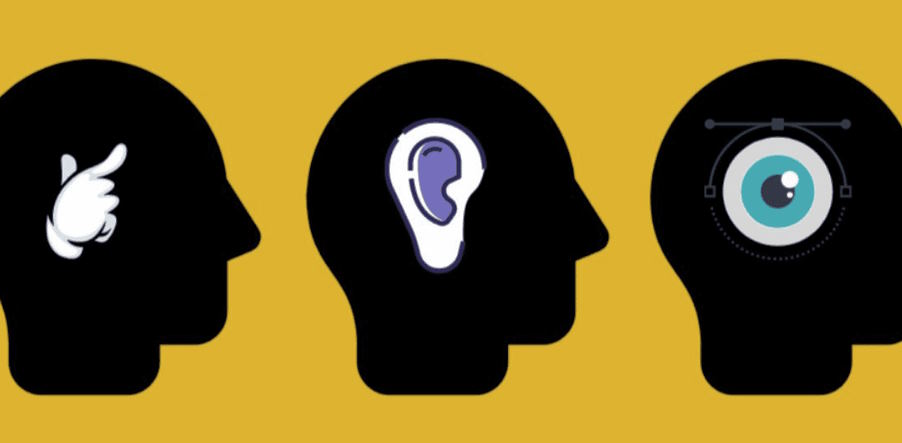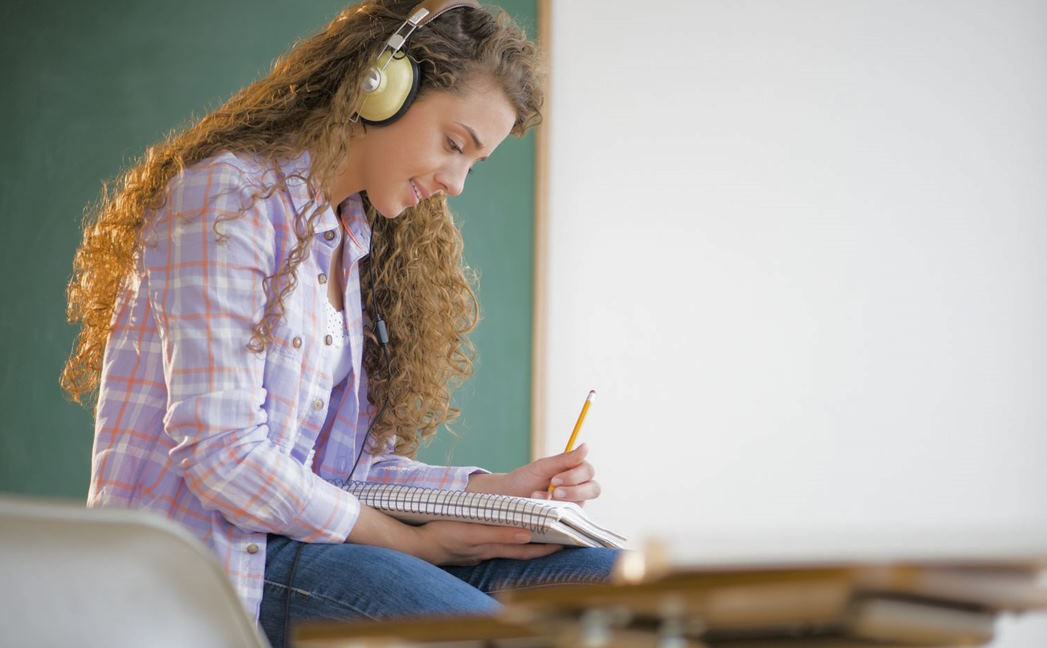In today’s fast-paced educational landscape, it’s crucial to understand how you learn best in order to optimize your educational experience. We all have different ways of processing information, and identifying your learning style can greatly enhance your ability to absorb, retain, and apply knowledge. Whether you’re a visual learner who thrives on visual aids, an auditory learner who benefits from listening and discussions, or a kinesthetic learner who learns by doing, knowing your learning style can transform the way you approach learning. In this article, we will explore the concept of learning styles, discuss different types of learners, and provide strategies for maximizing your educational experience based on your preferred learning style. So, let’s delve into the world of learning styles and unlock the key to unlocking your full learning potential.
Assessing Your Learning Style
Understanding your learning style is a crucial step towards optimizing your educational experience. By knowing how you learn best, you can tailor your studying techniques, resources, and environment to suit your unique needs. Self-assessment plays a pivotal role in determining your learning style as it requires introspection and reflection on your preferred ways of learning.
One effective method for assessing your learning style is through self-reflection. Take the time to reflect on how you naturally approach learning. Do you tend to learn best by seeing visual aids, listening to lectures or discussions, or engaging in hands-on activities? Reflecting on your past learning experiences and identifying which methods resonated with you the most can provide valuable insights into your learning style.
Another approach to assessing your learning style is through online assessments or quizzes. There are numerous tools available online that can help you determine your learning style through a series of questions or activities. These assessments can provide you with a clear indication of your dominant learning style and help you understand your strengths and weaknesses.
Additionally, seeking feedback from teachers, mentors, or peers can also provide valuable insights into your learning style. They may have observed certain patterns or behaviors in your learning approach that can shed light on your preferred learning style.

Visual Learners: Unlocking Your Educational Potential
Visual learners, as the name suggests, thrive on visual aids and benefit from seeing information presented in a visual format. If you are a visual learner, understanding your learning style can help you optimize your educational experience and boost your learning potential.
Characteristics of visual learners include a preference for visual cues, such as charts, diagrams, maps, and graphs. They may also have a strong spatial awareness, enjoy reading, and rely on visual imagery to understand concepts. Visual learners tend to grasp information better when it is presented in a visually appealing manner.
To maximize your educational experience as a visual learner, incorporating visual aids into your study routine is crucial. Utilize colorful diagrams, flowcharts, and mind maps to organize information and make connections between concepts. Create flashcards with visual cues to help with memorization. Use videos, animations, and online resources that offer visual representations of complex concepts.
Recommended study techniques for visual learners include summarizing information in written form, creating visual mnemonics, and using color-coded notes or highlighting techniques to visually organize information. Utilize whiteboards, sticky notes, or other visual tools to help you see the bigger picture and make connections between different concepts.

Auditory Learners: Harnessing the Power of Sound for Effective Learning
If you find that you learn best through listening and verbal communication, you may be an auditory learner. Auditory learners process information through their sense of hearing and are highly receptive to auditory cues such as lectures, discussions, and conversations. Understanding your learning style as an auditory learner can help you optimize your educational experience and boost your learning potential.
Characteristics of auditory learners include a preference for listening to lectures or audiobooks, a strong ability to remember verbal instructions, and an enjoyment of group discussions or debates. They may also have a keen sense of rhythm and be skilled at recognizing and mimicking vocal tones or intonations.
To maximize your educational experience as an auditory learner, incorporating auditory cues into your study routine is essential. Record lectures or discussions to listen to later, or engage in group discussions or debates to reinforce your understanding of concepts. Utilize educational podcasts or audiobooks as additional resources for learning.
Recommended study techniques for auditory learners include verbalizing information by reading aloud or explaining concepts to others, engaging in group discussions or study groups, and using mnemonic devices that rely on sounds or rhymes. Utilize voice recordings or speech-to-text tools to reinforce your understanding of concepts.


